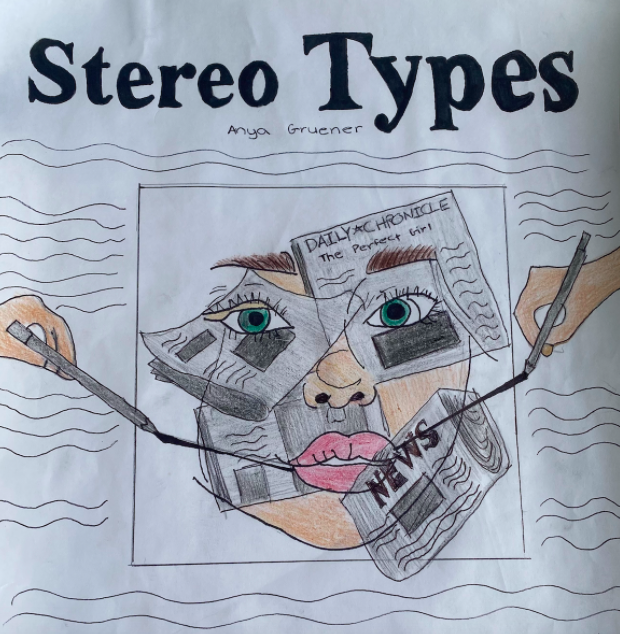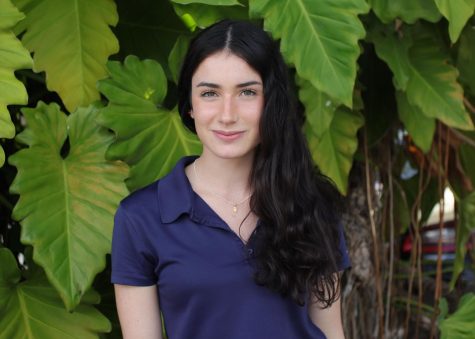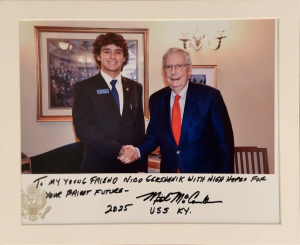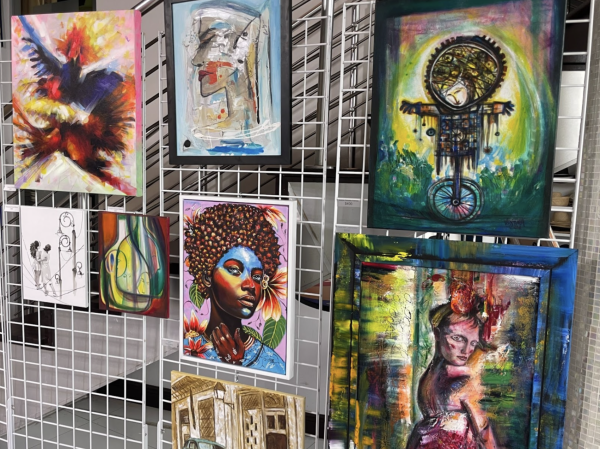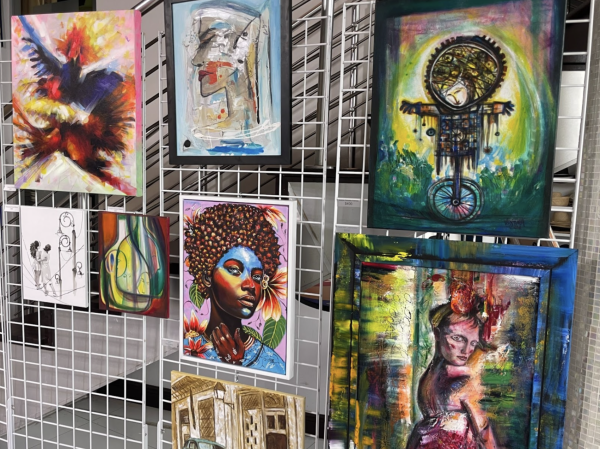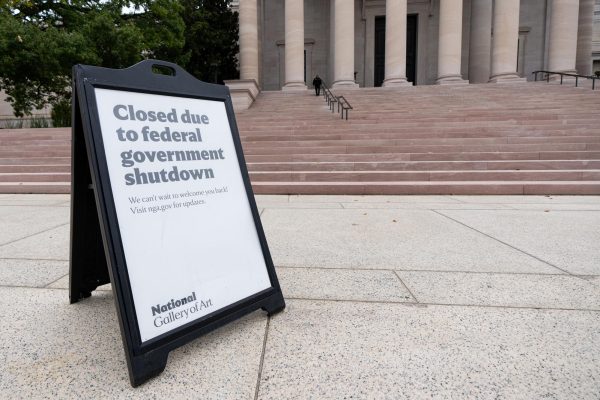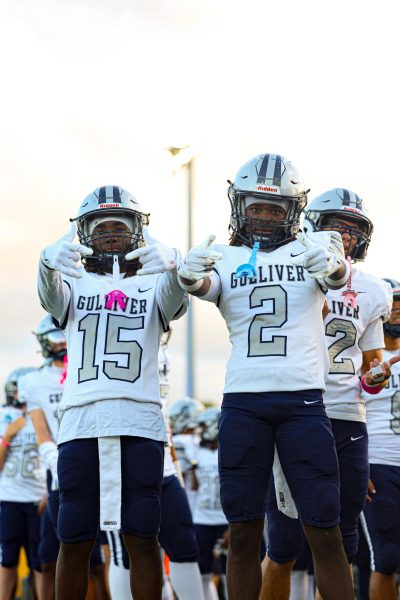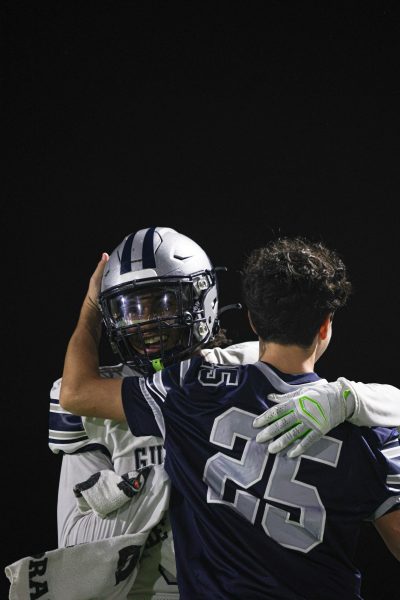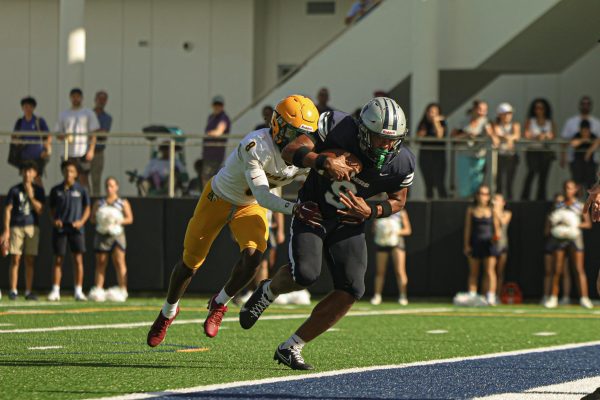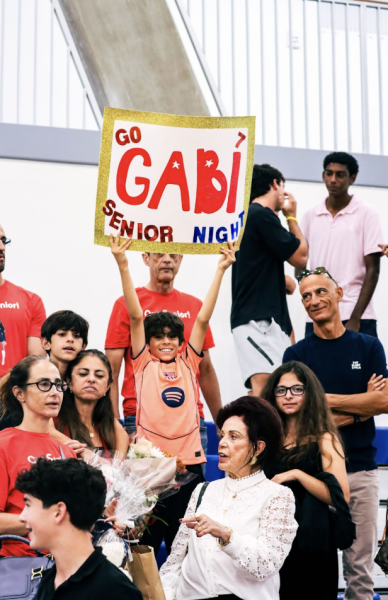Op-Ed | Stereotypes in the Media
Contributing writer Anya Gruener discusses the issues surrounding stereotypes in the media. Even though we may not recognize them at first, stereotypes are all around us and impact the way we view the world and ourselves.
October 17, 2021
Much of todayŌĆÖs media features underlying stereotypes that shape the minds of millions of people. Although one may not realize it at first, the influential messages conveyed by the media shape the way we think about individuals, including ourselves.
“The media shapes guidelines which groups should fit into. Growing up reading these stereotypes, I began to unintentionally mold myself to what the media expects of me, whether that be, how a woman should look, or how people from my specific race should act,” said sophomore Olivia Johnson. “Slowly I realized the way in which I was letting stereotypes and bias controlled how I viewed myself and how I viewed other people.”
Stereotypes in media can often go undetected. This is because bias is hidden in all types of media, including printed articles, advertisements, social media, movies, and more.┬Ā
“I first realized the way in which the media was influencing my thoughts on people when rewatching [the 1998 animated Disney film] Mulan,ŌĆÖŌĆÖ sophomore Avery Simon said. “When I first saw Mulan, I recognized the movie as a form of empowerment of the female identity, however, I later recognized the many misrepresentations of Chinese culture. Even Disney, like other forms of media, embodies racist stereotypes that greatly influence young minds. From a young age I was already unconsciously learning and internalizing reductive stereotypes.ŌĆÖŌĆÖ
The reality is that stereotypes have been engraved into our society.┬Ā
“This mind-boggling amount of media consumption shapes how U.S. residents see the world, and racial imagery in the media has cumulative effects on society. Often biased media portrayals of racial groups cannot be dismissed as mere entertainment, especially not if their impact on youth are taken seriously,ŌĆÖŌĆÖ wrote scholar of race and ethnicity in media Nancy Wang Yuen in her article, How Racial Stereotypes in Popular Media Affect People.
Stereotypes can be found in all types of media, and it is up to the individual to identify it and prevent it from shaping their beliefs.┬Ā

